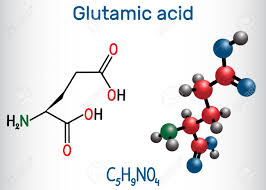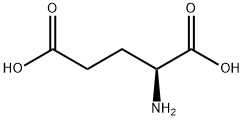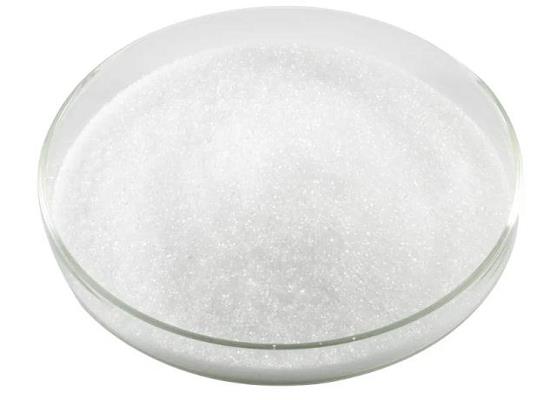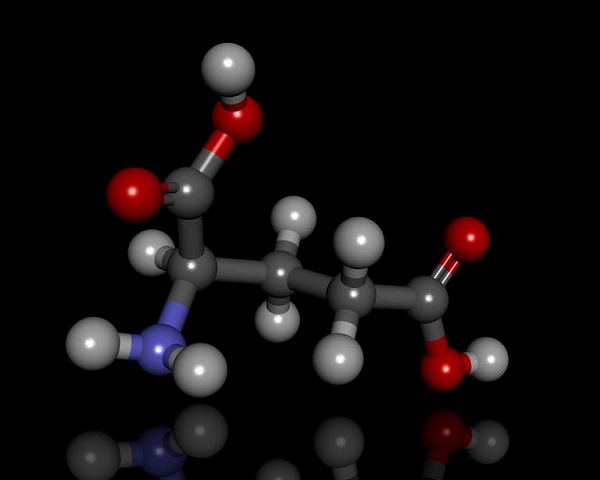Benefits of Glutamic acid
L-glutamic acid, also known as glutamic acid, is one of the many components of proteins. Like its fellow amino acid glutamate, it is produced naturally by the body; however, it is a different type of amino acid. While many people take glutamine supplements, L-glutamic acid is produced naturally by the body in amounts adequate for most people.
It also has some surprising effects on both the brain and the environment. L-glutamic acid is a non-essential amino acid. This does not mean your body doesn't need it; it simply means the body creates L-glutamic acid -- it doesn't rely on diet for its source.

Environmental Uses
You wouldn't think that a dietary supplement could be used as a pesticide, but this is exactly the case with L-glutamic acid. In fact, it has been on the market as a natural pesticide since early 1998, per the United States Department of Environmental Protection. It can be used on ornamental plants as well as those used for foods, such as fruit trees and other crops. Because it is a natural part of most people's bodies, it is considered safe for mammals and has little impact on the environment. It is generally designed for commercial use.
Benefits of Glutamic acid
As for Glutamic acid, also called 'chemical messenger', it has been shown to help improve intelligence. Since it is also a messenger in human brain, it is able to enhance a clarity of thinking, mental alertness, and mood. That is why this amino acid has been used to help treat Parkinson's, fatigue, mental retardation, schizophrenia, muscular dystrophy, and alcoholism. Besides, it is believed to help shuttle potassium (an important mineral) across the blood-brain barrier and right into the spinal fluid.
Glutamic acid is also known for its ability to detoxify muscle cells. For example, when intense exercise leads to increasing levels of ammonia in muscle cells (which slows down a recovery), just as in the brain, this amino acid attaches itself to ammonia in order to form Glutamine. Besides, Glutamic acid is acting as an intermediary in the Kreb's cycle and is important for the carbohydrate metabolism.
You may like
Related articles And Qustion
Lastest Price from L-Glutamic acid manufacturers

US $0.00-0.00/Kg/Drum2025-04-21
- CAS:
- 56-86-0
- Min. Order:
- 1KG
- Purity:
- 98.5%-101.5%
- Supply Ability:
- 10 TONS

US $60.00/kg2025-04-21
- CAS:
- 56-86-0
- Min. Order:
- 1kg
- Purity:
- 0.99
- Supply Ability:
- 20 tons




